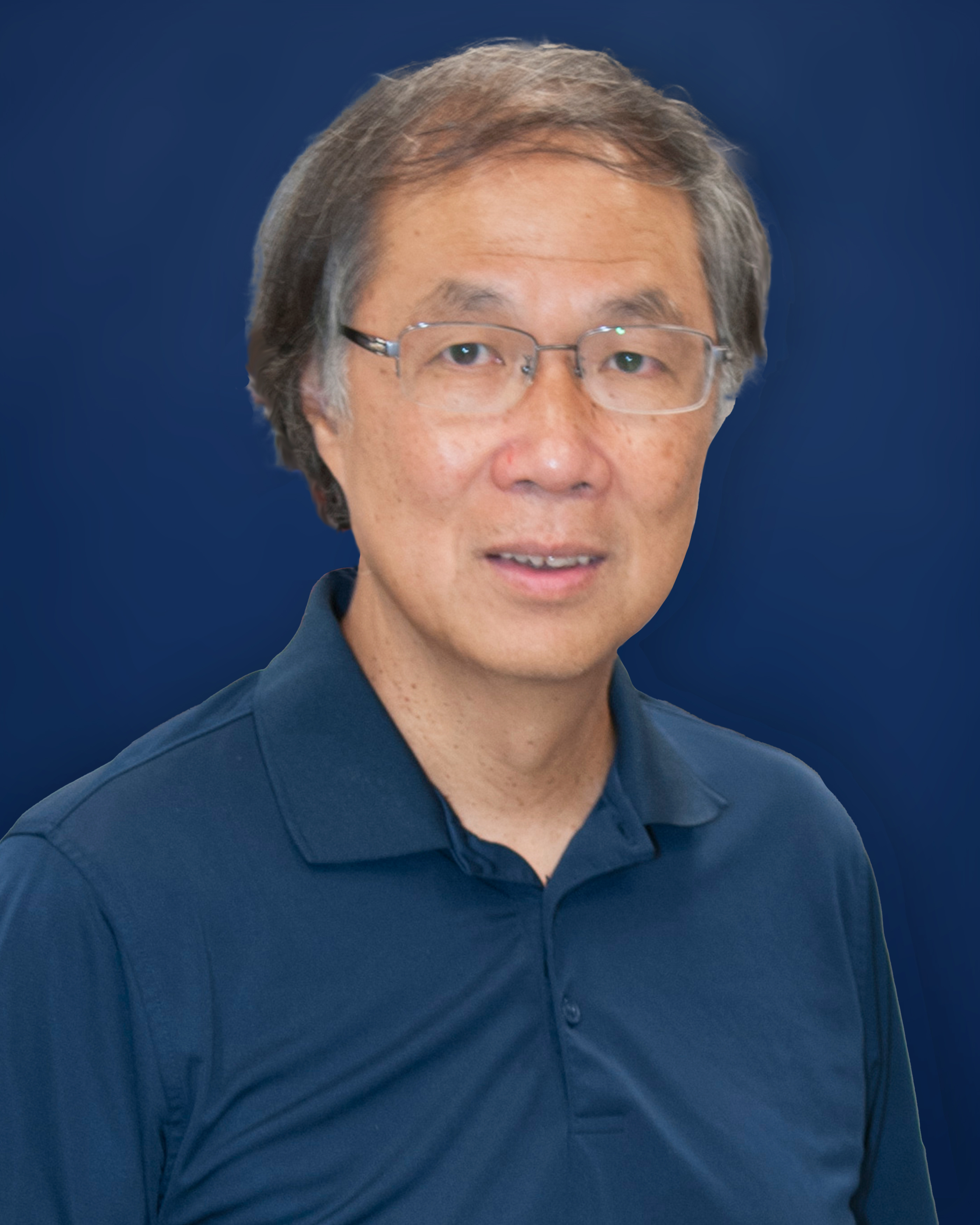- 演講或講座
- 生物醫學科學研究所
- 地點
生醫所地下室B1C演講廳
- 演講人姓名
梁錦榮博士 (Columbia Univ.)
- 活動狀態
確定
- 活動網址
Inflammation serves as a well-orchestrated physiological response, functioning as a critical defense mechanism to alert the organism to tissue damage and initiate the restoration of homeostasis. However, when this response becomes dysregulated, transitioning into a chronic state, it can contribute to the pathogenesis of a broad spectrum of debilitating diseases. These include malignancies, autoimmune disorders, and impaired wound healing processes. Consequently, effective modulation of the inflammatory cascade is paramount for the management of these conditions. While conventional pharmacotherapies remain the mainstay of treatment, biomaterials are emerging as a compelling alternative approach. Biomaterials offer a promising strategy for targeted delivery of therapeutic agents to inflamed sites, thereby enhancing their bioavailability and minimizing potential systemic side effects. Additionally, they can act as scavengers, directly suppressing inflammation by sequestering pro-inflammatory factors. This scavenging approach has demonstrated efficacy in the treatment of various inflammatory diseases, including rheumatoid arthritis, psoriasis, multiple sclerosis, and systemic lupus erythematosus. A key etiological factor in these diseases appears to be the aberrant activation of innate immune sensors, particularly Pattern Recognition Receptors (PRRs), triggered by the release of nucleic acids from damaged or dying cells. In this presentation, I will delve into the application of nucleic acid-binding polymers as a multifaceted strategy for combating inflammation. These polymers possess the unique capability to not only effectively neutralize pro-inflammatory nucleic acids but also serve as versatile therapeutic carriers for drug delivery. Through an exploration of their mechanisms of action and therapeutic potential, this presentation will highlight the promise of nucleic acid-binding polymers as a novel approach for managing inflammatory diseases.
Dr Leong is currently the Samuel Y. Sheng Professor of Biomedical Engineering at Columbia University. He is one of the pioneers in developing multifunctional nanocarriers for delivering drugs, antigens, proteins, siRNA, and DNA to cells. He graduated with a B.S. from the University of California, Santa Barbara, followed by a Ph.D. from the University of Pennsylvania, both in Chemical Engineering. At MIT, Dr. Leong was part of the team that developed Gliadel®, a drug delivery system for brain cancer treatment post-surgery, benefiting thousands since 1996. Dr. Leong’s current research encompasses nonviral gene editing in vivo, biomaterials for inflammation modulation, and human-tissue chips for disease modeling and drug development. His publication record includes around 500 manuscripts, an h-index of 138, and over 72,000 citations. He also holds more than 60 issued patents. Dr. Leong's contributions have been recognized by his election to the USA National Academy of Engineering, the National Academy of Inventors, and the National Academy of Medicine. Other recent awards include the Society for Biomaterials' Founders Award (2022), the IEEE-EMBS Career Achievement Award (2023), and the IEEE Biomedical Engineering Award (2024). Dr. Leong has been serving as the Editor-in-Chief of the journal Biomaterials for the past decade.

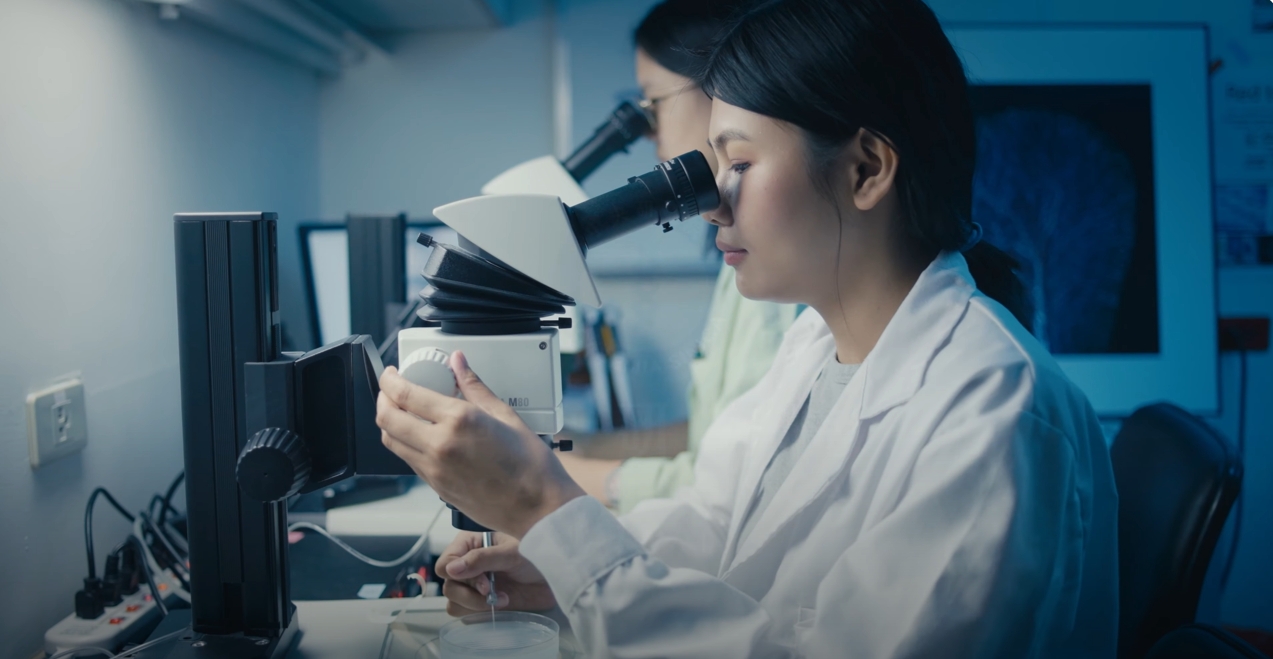
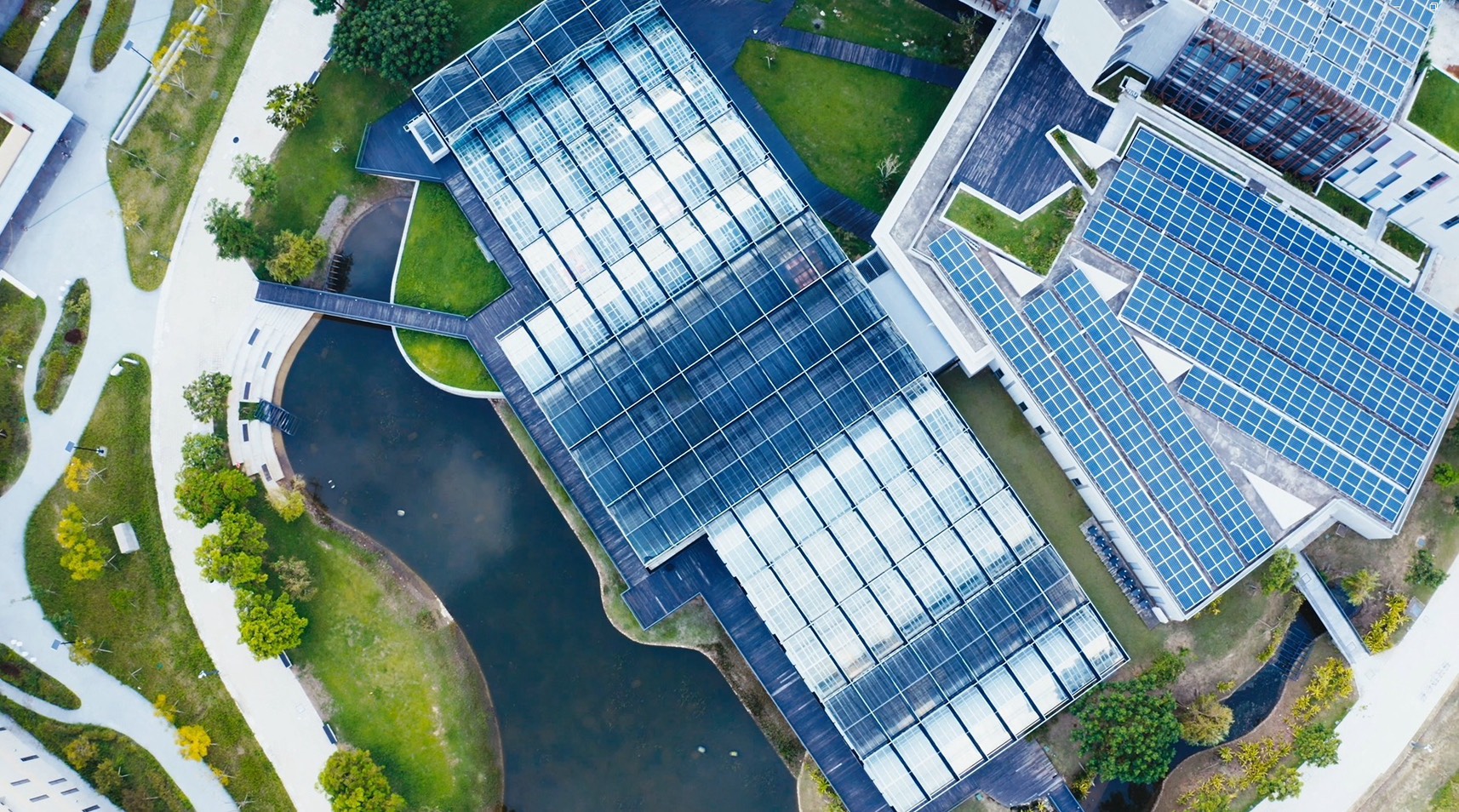
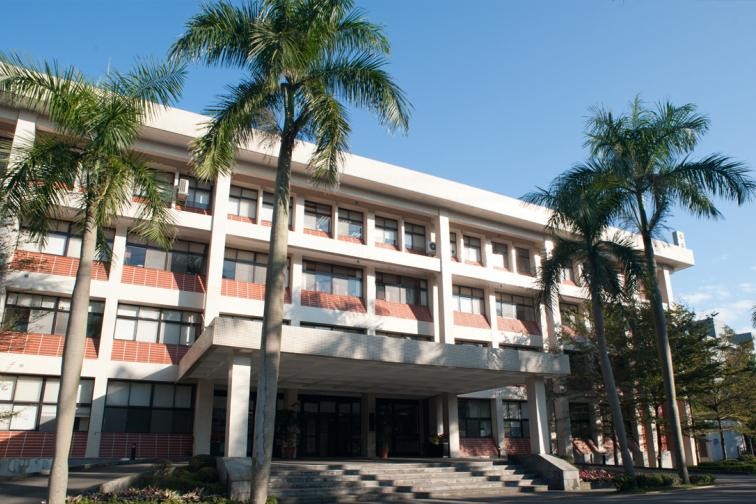
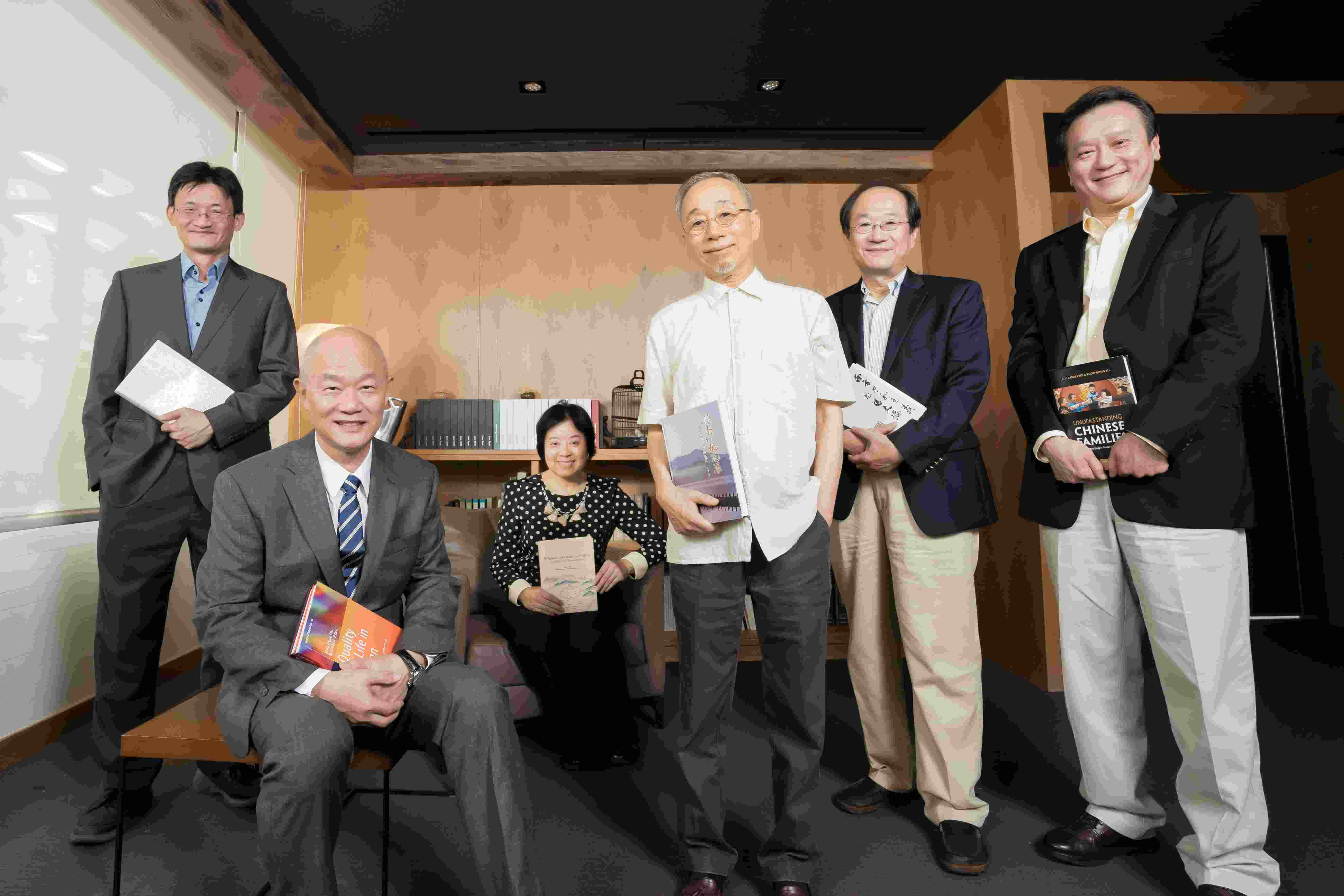
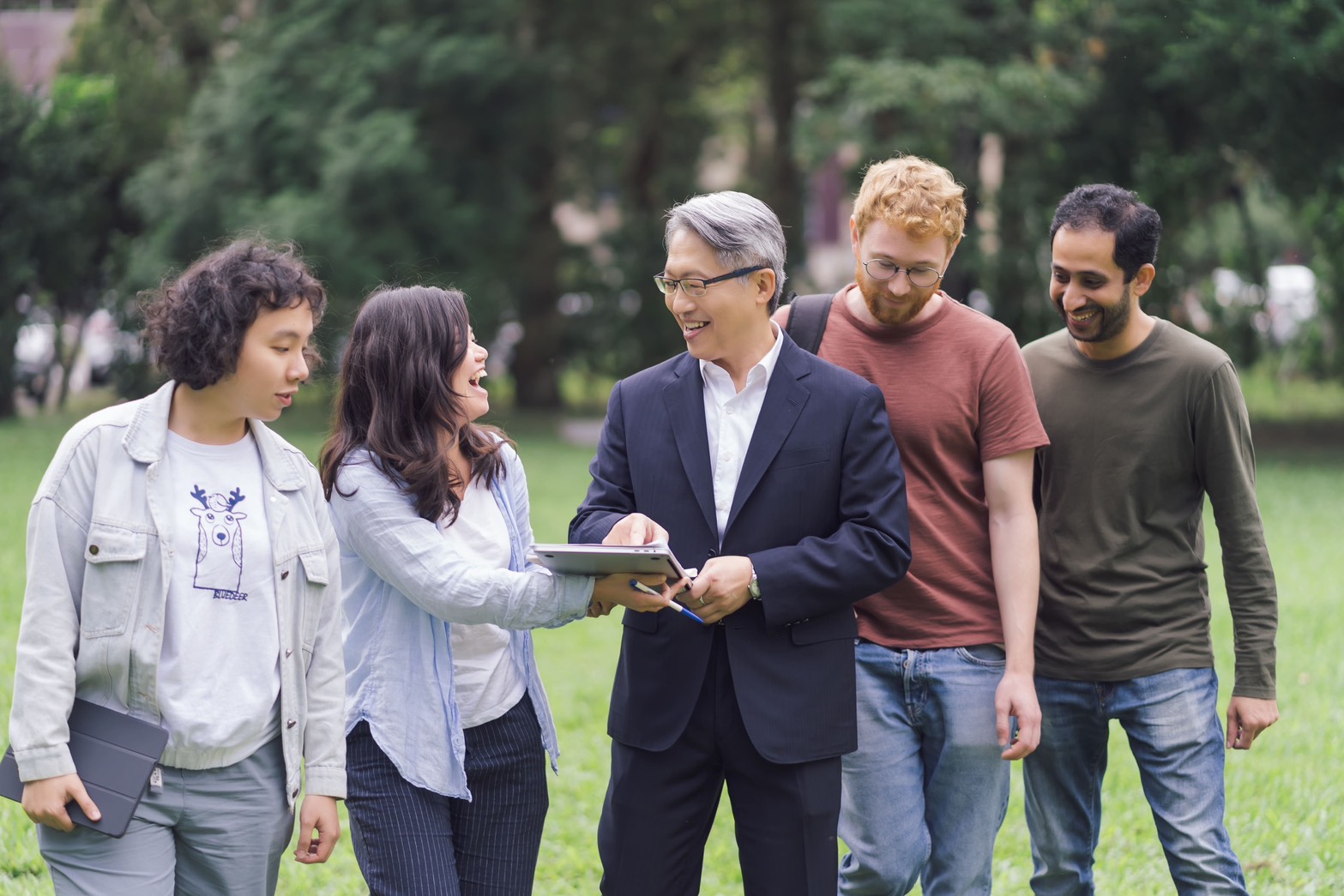

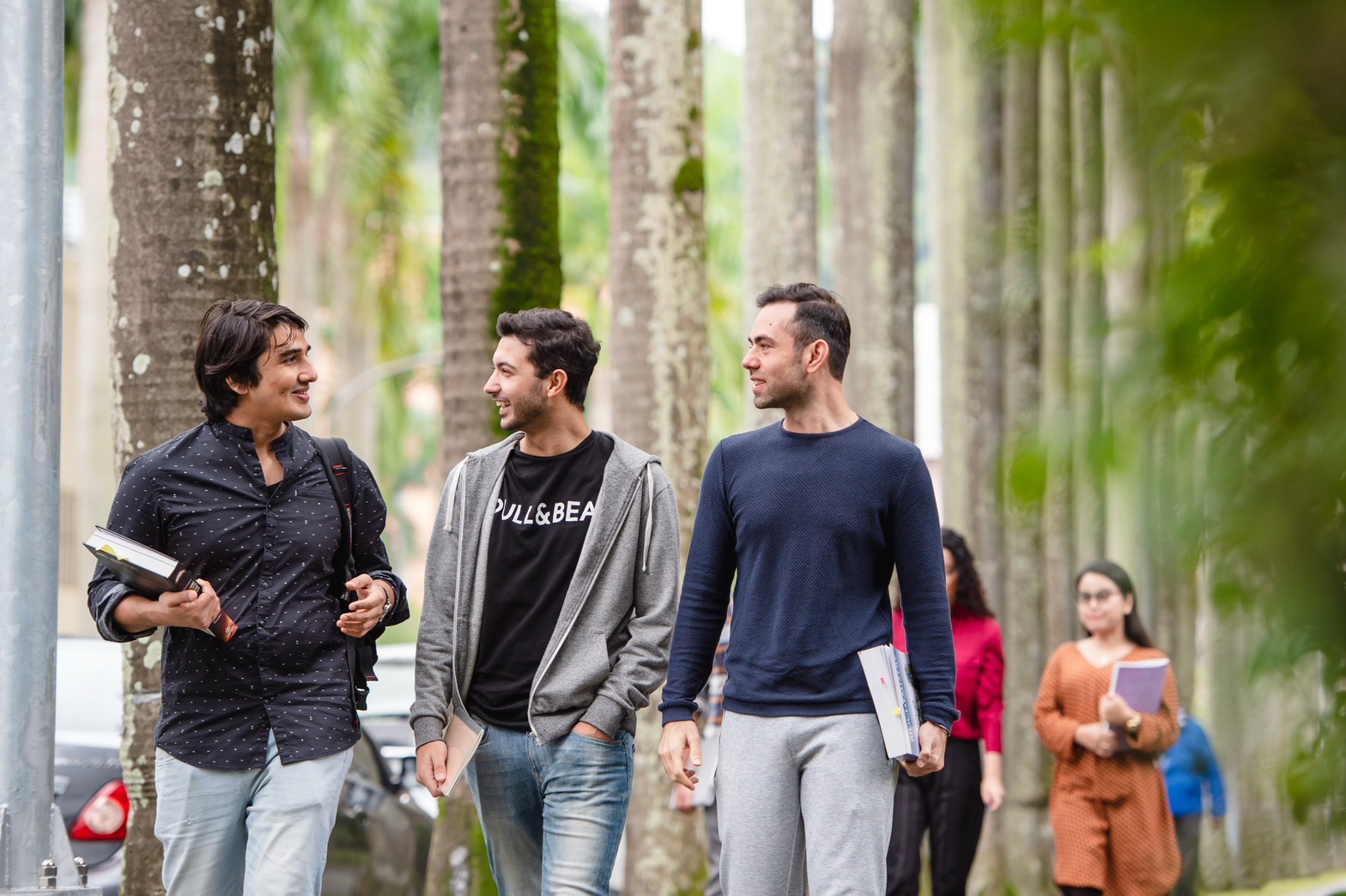

 首頁
首頁